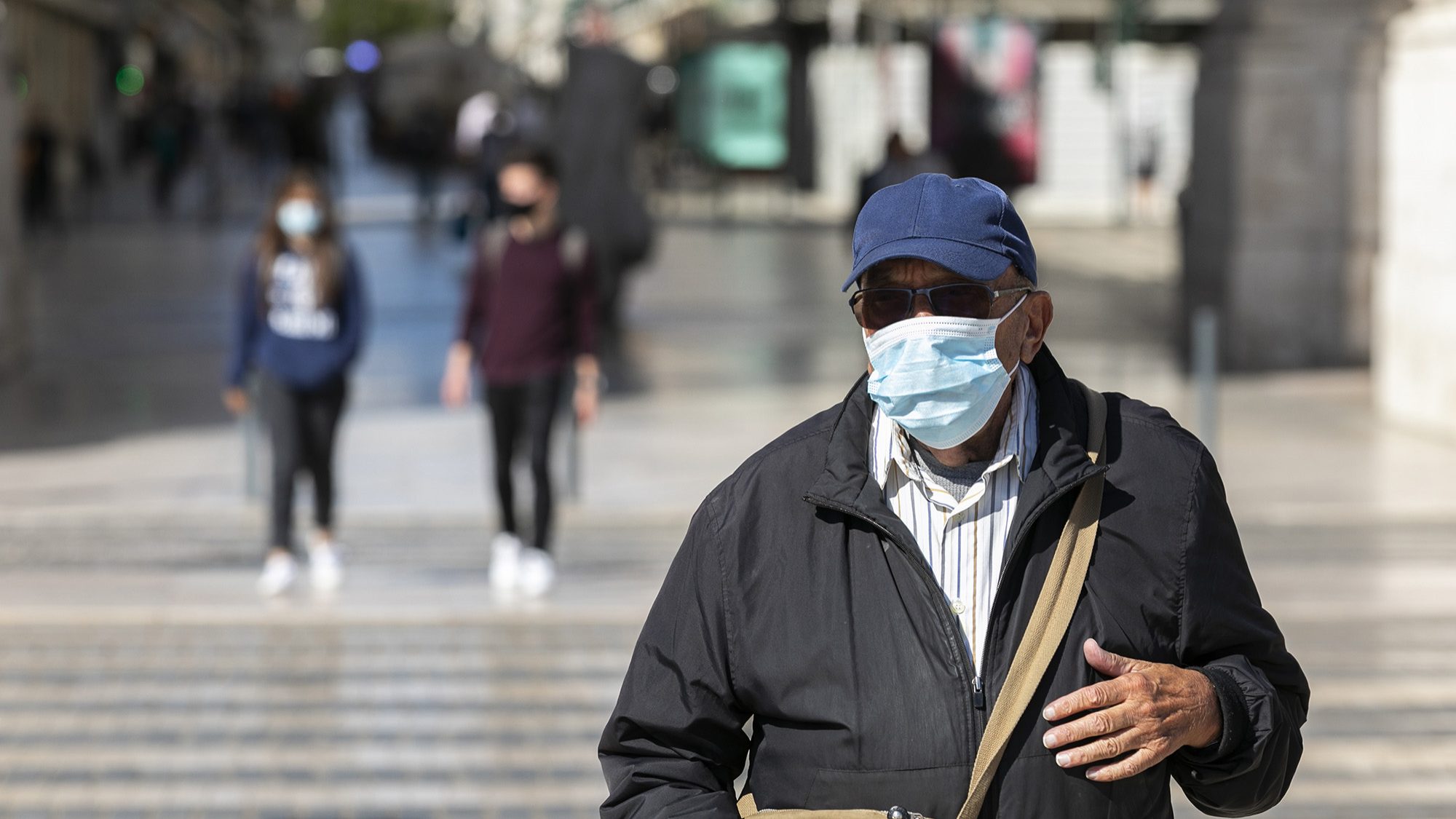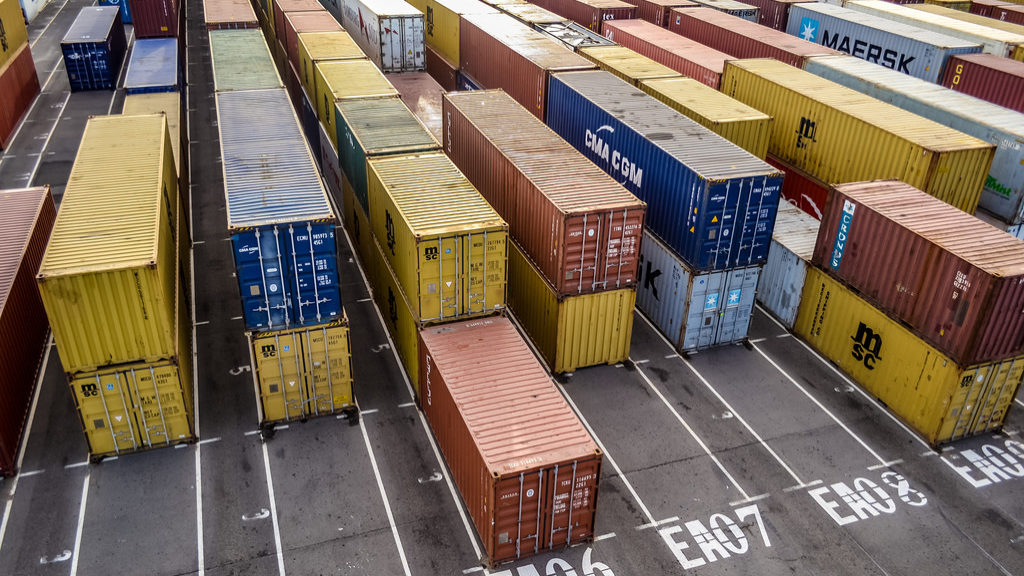Third wave of coronavirus cases “peaked January 29”
The national health authority (DGS) says the peak of the third wave of coronavirus infections in Portugal was reached on January 29, and new cases are now showing a "downward trend".
The peak of the third wave of coronavirus infections in Portugal was reached on January 29, when the number of cases over the previous 14 days reached 1,669 per 100,000 inhabitants, and new cases are now showing a “downward trend”, an official from the national health authority, the DGS, said at an epidemiological briefing in Lisbon for senior government and opposition officials.
Opening the briefing at Infarmed, the national medicines agency, which was being followed online by Portugal’s president, prime minister, minister of health and representatives of parties with seats in parliament, André Peralta of the DGS said that “today the situation is more favourable” where the Covid-19 epidemic is concerned.
According to Peralta, who is director of the director of information and analysis services at the DGS, the third wave peaked on January 29 and the current weekly variation is minus 24%.
“The Lisbon and Tagus Valley region has, in most municipalities, an incidence of over 960 cases per 100,000 inhabitants and in some municipalities over 1,920,” he added. “Today the situation is more favourable.”
He also highlighted “an increase in the proportion of confirmed cases with the new variant” first identified in the UK, with “a greater focus” in the Lisbon and Tagus Valley region. However, he added, “this level of lockdown seems sufficient to reverse the trend even in areas where the [UK] variant is most prevalent.
“At the beginning of January the epidemic was on the increase and as we approach the end of January” there is a decrease in incidence throughout the country, he explained, stressing that the Madeira region was an exception.
Regarding age groups, Peralta said that there was a “decreasing trend” in new cases for all of them and that this was widespread throughout the territory.
People aged over 60 are those of “greatest concern” in terms of hospitalisation and mortality, he stressed.
“The picture is of a large increase in the most vulnerable age group of the eighties and over, which has reached really high incidences, and a continuation of the behaviour of the two age groups sixty, seventy and eighty, which are traditionally the most protected in terms of age groups,” he said.
Peralta said that the effects of the disease in people aged 80 and over helps to explain the current pressure on the country’s health system.
While the number of people in hospital with Covid-19 and in intensive care units show signs of peaking, he said, there is “no clearly defined trend yet”. There was an increase in hospital admissions in January, when historical highs were reached, as well as in terms of mortality, but the latter is already showing a downward trend.
Peralta noted “a rather significant increase during January” to almost three times the December high but then a clear peak emerging in the first week of February.
Covid-19 has so far killed 14,354 people in Portugal, out of 767,919 confirmed cases of infection with the coronavirus that causes it, SARS-CoV-2.
The new coronavirus was first detected in China at the end of 2019, and has since caused over 2.3 million deaths worldwide.


